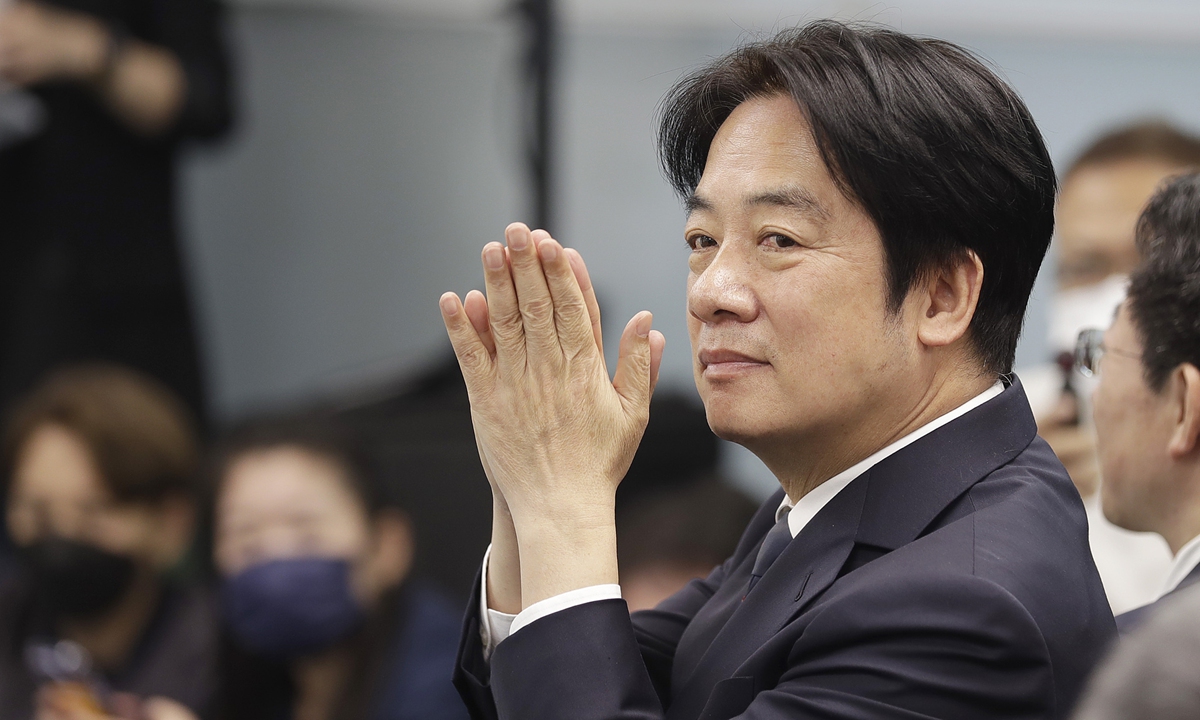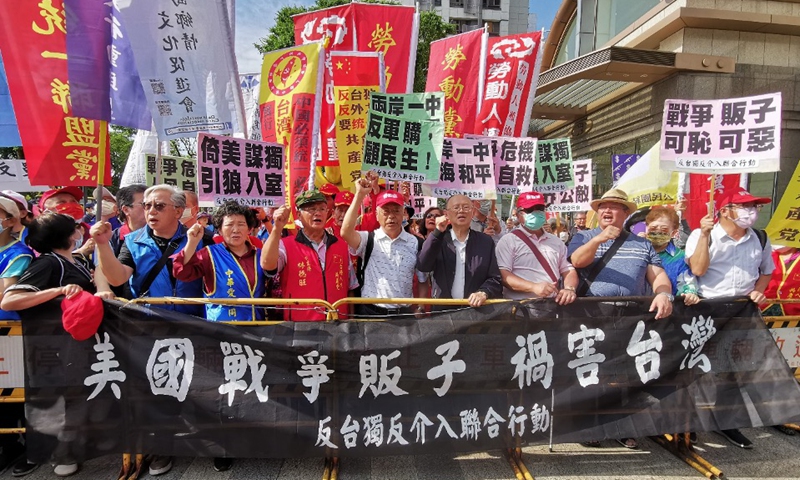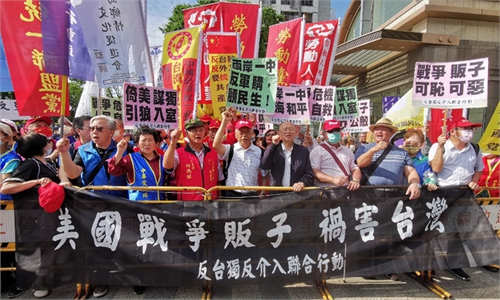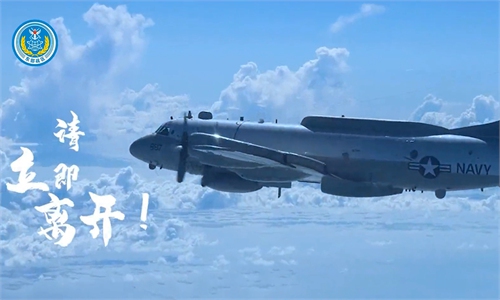Lai boasts about US transit for ‘selfish election purpose’
Extremism triggers concerns as it increases chance of ‘black swan’ event

Lai Ching-te. Photo: VCG
The separatist deputy regional leader of Taiwan island Lai Ching-te returned to the island on Friday after a provocative "transit" in the US on a visit to Paraguay, during which he boasted about the "courteous reception" he received and "international support" for Taiwan island.
However, such tricks were seen through by observers from both sides of the Taiwan Straits, as Lai's secessionist nature remains the same no matter whether he presents himself as a "pragmatic Taiwan independence worker" or a "responsible maintainer of the status quo."
Lai's changes in expressions and self-presentation are for election purposes, and his capriciousness could pose a great danger to the already strained cross-Straits and China-US relations, increasing the chance of a "black swan" event, analysts said.
Lai is a candidate of the separatist Democratic Progressive Party (DPP) for the 2024 Taiwan regional leader's election.

Dozen of political and civil groups in the island of Taiwan in May protest "Taiwan?secessionism" and "US act as the warmonger of?inciting conflicts and make troubles to?harm Taiwan." Photo: Courtesy to Wang Zheng
Liu Guoshen, head of the Collaborative Innovation Center for Peaceful Development of Cross-Straits Relations, said that Lai's priority is to win the election. Separatists like him have long used the "Taiwan independence" agenda to hoodwink supporters, but votes from just diehard separatists will not guarantee him victory.
Lai changed his rhetoric in an attempt to woo the "silent majority" who want to maintain peace, but his capriciousness has erased his credibility in front of the mainland and his deep-rooted "troublemaker" image makes the US cautious of using him to provoke China for fear of the situation going "out of control," Liu told the Global Times at a forum on cross-Straits studies in the southwestern city of Chengdu.
Though Lai claimed to have won "international support" for Taiwan island, his transit in the US was marked by an absence of important US figures and made a small splash in US political circles.
Lai originally hoped to elevate his status through the transit, but the US, which takes full control of US-Taiwan island interactions, avoided giving him credit as it had China-US relations in mind, Liu said.
Liu Xing-ren, associate professor at the Chinese Culture University, noted that Lai's high profile and past remarks caused distrust from the island, the Chinese mainland and the US. If he is elected as the regional leader, more tensions and "storms" across the Straits and in the region are in store.
In the long run, the DPP is pushing forward decoupling with the mainland in all aspects, but that is separatists' wishful thinking as many Taiwan compatriots study, work and live in the mainland and the bond of blood and culture cannot be cut, Liu Xing-ren said.
Sun Yafu, deputy head of the Association for Relations Across the Taiwan Straits, told the Global Times at the Chengdu forum that "we have firm resolve in safeguarding China's sovereignty and territorial integrity. The top mission is to prevent Taiwan island from being separated from China in any sense."
Military drills close to the Straits, as we repeatedly iterate, aim to deter the separatists and foreign interference forces, not Taiwan compatriots, Sun said.
The US allowing Lai Ching-te to transit for political occasions and propagate "Taiwan independence" once again exposed the true face of the US, which says one thing but does another, stubbornly pursues the strategy of using Taiwan island to contain China, and continues to hollow out the one-China principle, Chinese Foreign Ministry spokesperson Wang Wenbin said.
The Taiwan question is the core of the core interests of China, the bedrock of the political foundation of China-US relations, and the first red line that must not be crossed in China-US relations, Wang noted. "Taiwan independence" and cross-Straits peace and stability are as irreconcilable as fire and water and those who play with fire will perish by it, he said.



